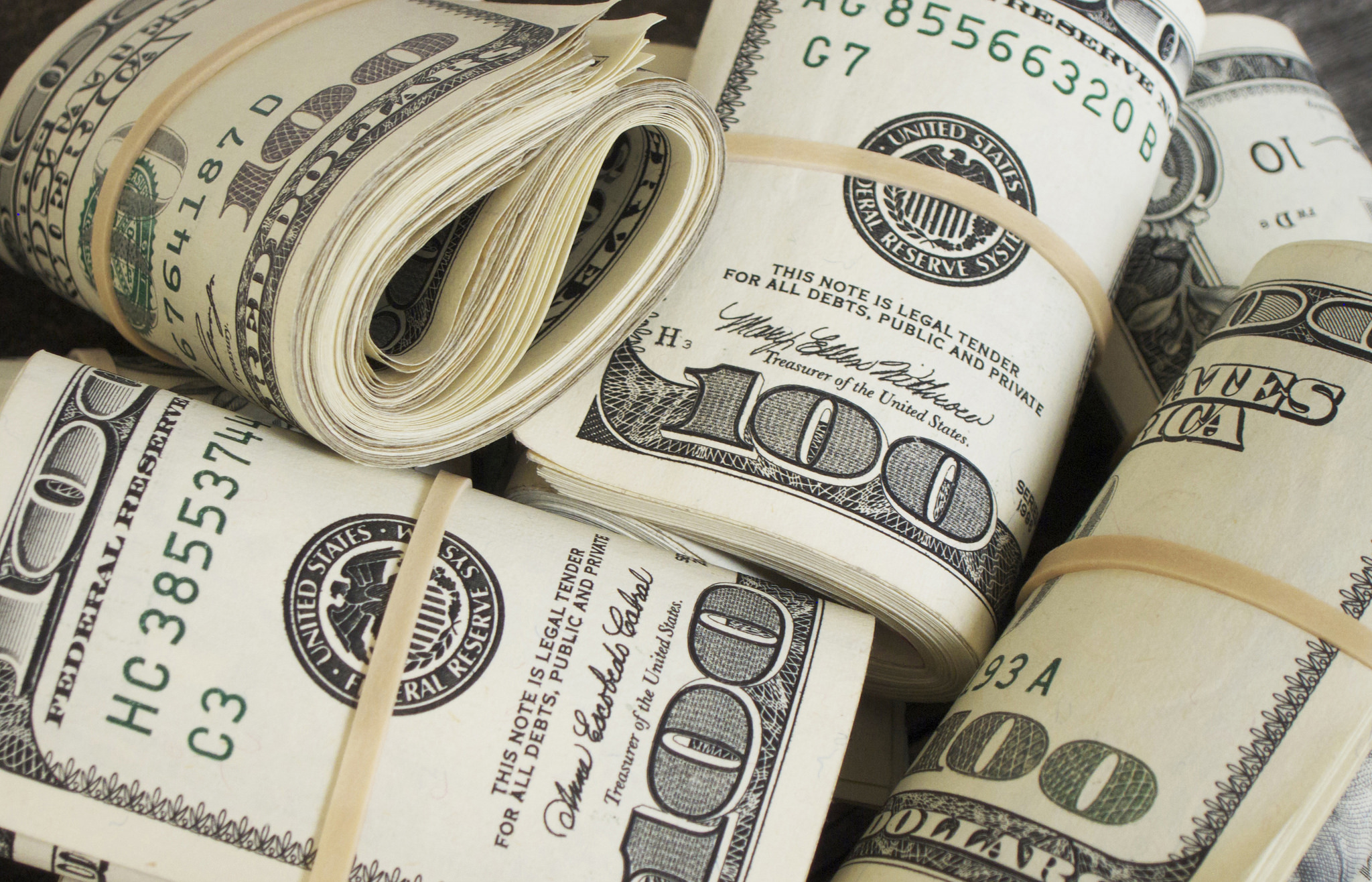Currency pegging refers to the standard practice of tying or attaching a currency’s exchange rate to another nation’s currency. The practice of pegging is resorted to by a nation to offer stability to the currency to another currency that is stable in the international economy. It entails the process of involving ratios that have been pre-set, and this is why it is referred to as a fixed rate.
Kavan Choksi Singapore – Why is the US dollar chosen for currency pegging?
Kavan Choksi Singapore is a business and finance expert well-known for his knowledge of investments and economics. When it comes to the subject of pegging, he says that the dollar is the first choice because it is the reserve currency in the world. He states that pegging also refers to the standard practice of manipulating the price of the underlying asset that is concerned, like a commodity, before the option expiry.
The currency market fluctuations are wide, which can be very detrimental to global business transactions. This is the prime reason why several nations maintain currency pegs. When they resort to currency pegging, their currencies become relatively stable against the other currency they are pegged to.
When the country pegs the currency to the US dollar, it fixes its exchange set at a predetermined rate. The Central Bank of the nation maintains the currency value. Since the dollar is a floating currency, its value tends to change in the market. The value of the currency tends to rise and fall a lot in the market.
The US dollar is a strong currency
Currencies that peg their currency to the dollar prefer to do so because it is the globe’s reserve currency and is very strong in the financial market. The transactions and any kind of international trade take place in US dollars, and this keeps the nation’s currency peg stable.
There are some nations that peg their currency to the dollar because of trade, and their exports can be priced competitively. There are some countries that are heavily dependent on trade, like Malaysia and Singapore.
Pegging also boosts trade for nations
The pegged currencies have the capacity to expand trade and boost the real income of the country. This takes place especially when the fluctuations in the currency are very low and display no changes in the long term. Nations, businesses, and people are free to enjoy full benefits from the exchange and specialization without any risks and other tariffs associated with the exchange rate, says Kavan Choksi Singapore.
He adds that when currency pegging and competitive trade, everyone can spend more time with the activities they like to do best. In this way, the people’s productivity increases, leading to the growth in the economy of a nation successfully.
Farmers can deploy pegged currency rates of exchange for food production to an optimal level rather than wasting time on hedging risks with derivatives in the market. The same holds true for tech firms that can focus on the manufacture of better computers.
